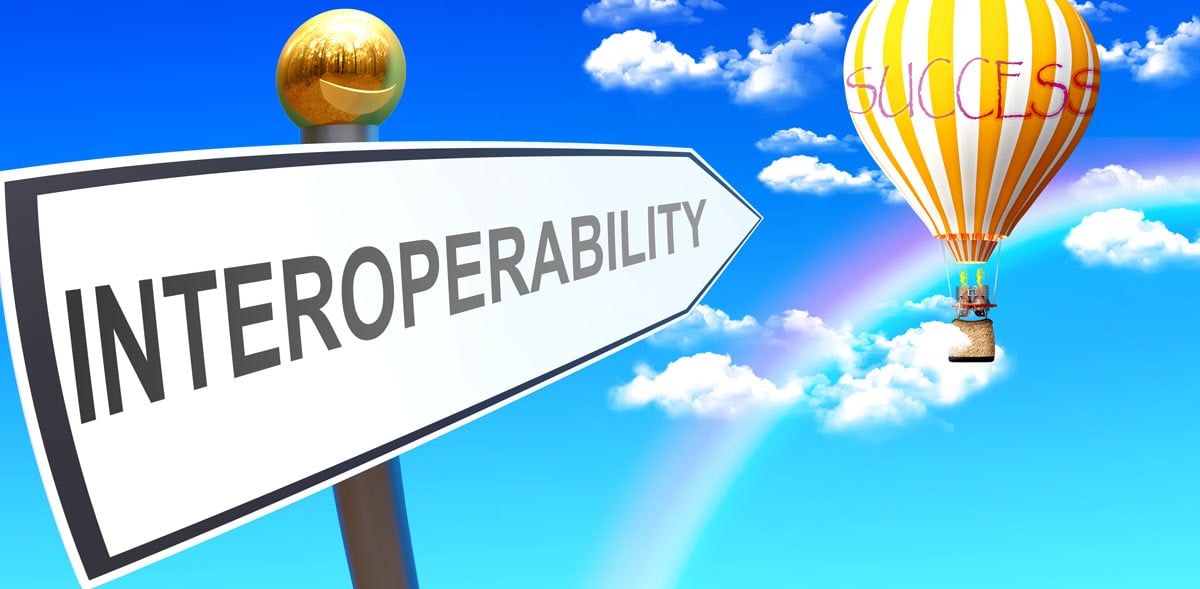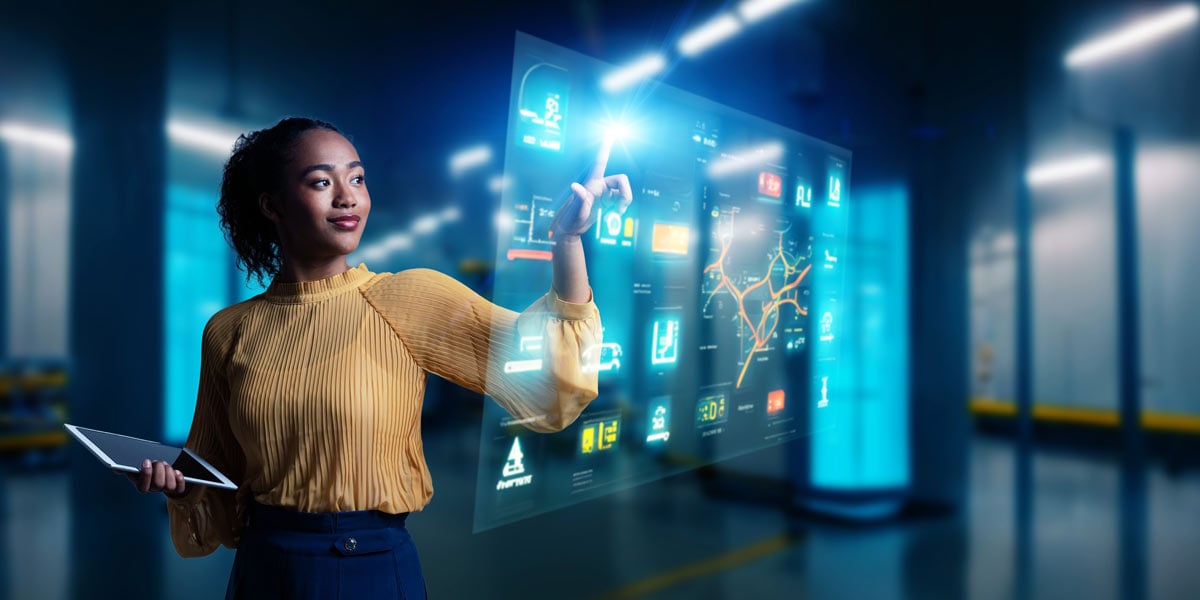COVID-19 spread around the globe in a matter of months, wreaking particular havoc on our most vulnerable communities. The pandemic's indiscriminate existence has resulted in a common sense of pain, as well as a shared sense of caring and responsibility, regardless of where you live on the planet.
This year on Earth Day, we are reminded that many features of COVID-19 are inextricably linked to climate change and the pressing need for all industries - including education technology - to do more to halt its march. Human activity is disrupting wildlife species, their habitats, and biodiversity. In a warming climate, new species head to the poles and these habitat shifts create opportunities for pathogens to find new hosts. Loss of habitat due to deforestation can also force these migrations. Furthermore, science is clear that those who live where air quality is poor are more likely to die from COVID-19. According to a study by the European Environment Agency (EEA), the recent pandemic restrictions indirectly acted as short-term mitigation and led to temporary positive shifts in wildlife, air quality, lower greenhouse gas emissions, and lower levels of noise pollution. However, the study points out that there have been negative effects, such as the increased use of single-use plastics, and that the steps out of the pandemic are to reshape our unsustainable production and consumption processes to gain long-term environmental benefits.
A large number of these efforts must lie in the hands of companies, including in the technology sector. To help mitigate and adapt to climate change, we will need to rely on new and eco-responsible technologies and innovations.
Governments and organizations have adopted a variety of policies to encourage more environmentally friendly action, particularly in the wake of the United Nations’ 2015 Sustainable Development Summit. The summit resulted in the adoption of 17 Sustainable Development Goals (SDGs) to be achieved by 2030. These broad and global objectives include, among other things, eradicating poverty, protecting the environment, and ensuring prosperous development for all. SDG 4 defends the critical position of education in the development of a just, inclusive, and high-quality society. Specifically, goal 4.7 specifies the value of developing sustainable education through advancing theoretical and practical awareness in support of balanced environmental growth. This goal naturally underpins all the others, which emphasize the conscientious use of technology to both achieve these goals -- and do no further harm.
Major international organizations have highlighted the critical position of educational organizations in formulating a response to climate change, emphasizing the importance of educational programs in proposing solutions to challenges and behaviors that have an impact on sustainable development. Learning institutions are developing programs that encourage research growth, multidisciplinary educational experiences, and knowledge transfer geared toward these goals. And, the pandemic has also brought about a transformation to a much higher reliance on hybrid or remote learning models. GT is leading the shift in the edTech sector by helping make education more accessible to everyone around the world with innovative solutions and tools that digitize learning and training.
Through extensive and thorough research, we aim to provide education companies and universities with a simple, intuitive platform that allows for the development of educational content in a low-impact and resilient manner. Our end-to-end content creation platform places the emphasis on digital first content creation, which, along with being far more eco-friendly than print-only, is very easy to update in real-time and redeploy rapidly, all while keeping our customers’ carbon footprints’ small. Furthermore, digital first allows for quick testing of learning design, activities and assessment even prior to full release to achieve better product-market fit. Innovations like content reuse modules and audience tagging (so, for example, different versions of courseware for teachers and students can be developed simultaneously) mean that educational institutions use far less time, energy, and resources to deliver the best possible end user experience to their students.
And while it is important to create technologies that are innovative, vital, and sustainable, these innovations must also be used in an environmentally friendly manner. This necessitates understanding the environmental effects of these technologies and ensuring we put in place steps to mitigate their impact. At GT, we have adopted eco-responsible practices that comply with Green Software Engineering, such as caching, optimizing assets, using CDN servers, and partial server-less cloud computing.
Many of GT’s clients are educating and influencing future citizens of the world about how to make effective use of emerging technologies to achieve long-term sustainability. Training in sustainable development has proven to shift people's thinking and encourage creation of a fairer, healthier, and more prosperous environment. Teachers must have access to the tools they need to incorporate sustainable educational models into their online classrooms. Every day at GT, we continue to evolve and improve our platform in order to provide the best tools for this and ensure a resilient environmental and societal future for citizens across the globe.







Leave a comment